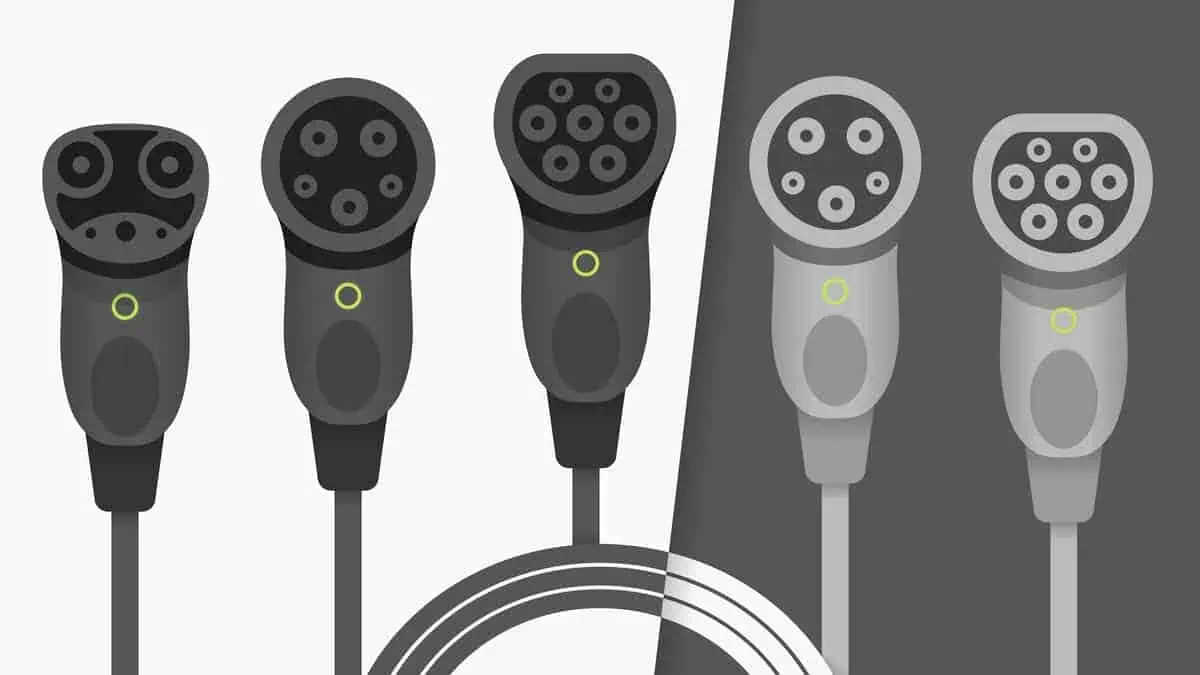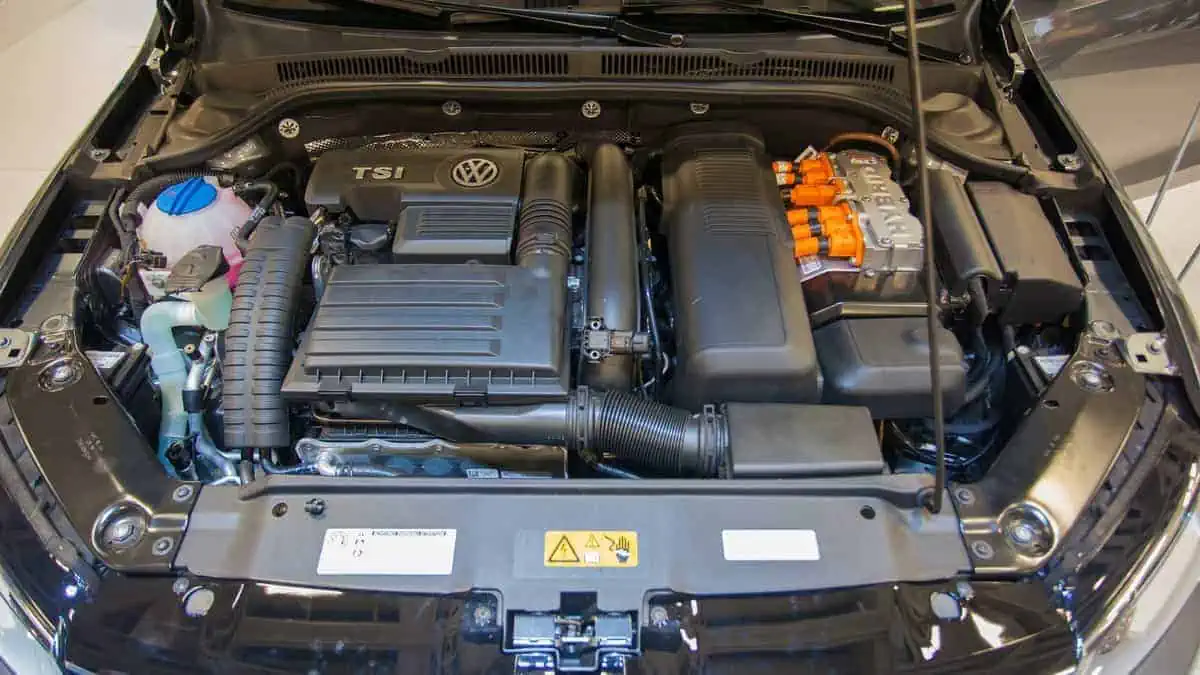The Harvard University subsidiary Adden Energy received $5.15 million in funding to advance the battery technology after successfully exhibiting a coin-cell prototype with charge rates of three minutes and more than 10,000 cycles in a lifetime.
According to the Independent, Adden Energy hopes to commercialize the technology soon. Furthermore, it claimed that to fight the “plague” of climate change; there needs to be an accelerated advancement of sustainable energy storage technology.
William Fitzhugh, CEO of Adden Energy, aims to reach out to the 37% of Americans who do not have garages at their residences and thus cannot charge their electric vehicles overnight.
Notably, the company wants to make electric vehicles more approachable overall by giving them the means to charge them in three minutes or less, especially if it eliminates the need to purchase pricey charging equipment.
“Complete electrification of the vehicle fleet is one of the most meaningful steps we can take to fight climate change,” said Fitzhugh.
“However, broad adoption of electric vehicles requires batteries that can meet a diverse set of consumer needs… EVs need to recharge at comparable times to internal combustion vehicles, essentially in the time you’d currently spend at the gas pump.”
The electrification of the global vehicle fleet could reduce greenhouse gas emissions by 16% using this “new battery paradigm,” according to estimates.
“Electric vehicles cannot remain a luxury fashion, literally the ‘one percent’ of vehicles on the road, if we are to make progress toward a clean energy future, and the US won’t have a used-car market if EV batteries last only 3 to 5 years,” said Xin Li, an associate professor of materials science at Harvard and a scientific advisor to Adden Energy.
“The technology needs to be accessible to everyone… We don’t see any fundamental limit to scaling up our battery technology. That could be a game changer.”
It must be noted that one of the industry’s primary goals in recent years has been to make electric vehicles more accessible, given that so few are readily available to the general public due to cost and the necessary gear to keep them charged. Hopefully, this recently developed ultra-fast charging battery could change that.






